Mr. Lhamjab A. Borjigin, a 74-year-old Mongolian historian, writer and the author of China’s Culturual Revolution (Ulaan Huvisgal in Mongolian), was placed under house arrest by the Shiliin-hot Public Security Bureau personnel in Southern Mongolia on July 11, 2018. The People’s Procurators of Shiliingol League notified Lhamjab by phone on July 19 that the authorities are preparing to prosecute him under the charges of "national separatism" and "sabotaging national unity".
Born in Southern Mongolia’s Heshigten Banner in 1944, Lhamjab has dedicated his life to preserving and promoting Mongolian culture and documenting Mongolian oral history. He is a member of the Southern Mongolian Folklorist Association, Shiliingol League Literary Association, and Heshigten Banner Rolgarjab Folk Arts Association. His books include Mongolian Custom: Family Education, Revolutionary War Hero Zalsarai, Family History of Baichai Tuslagchi of Heshigten, and Descendents of Chinggis Khaan’s Ten Thousand Heshigtens.
Following his more than 20 years of research and interviews of survivors and their family members, Lhamjab completed his book China’s Cultural Revolution in 2006. The book compiles oral testimonies of survivors of China’s state-sponsored large-scale genocide campaign in Southern Mongolia during the Chinese Cultural Revolution. In the book, Lhamjab documents detailed accounts of torture techniques and the gruesome nature of this genocide campaign that, according to official statistics from the Chinese Government, claimed the lives of at least 27,900 and imprisoned and tortured 346,000. For credibility and verification, the book includes phone numbers and other contact information of the survivors he interviewed.
All state-run Chinese publishing houses refused to publish China’s Cultural Revolution, and so Lhamjab resorted to publishing it through underground publishers at his own expenses. The book became popular among the Mongolians not only in Southern Mongolia, but also in the independent country of Mongolia. Subsequently, it was published for a second time in Southern Mongolia and even published in Cyrillic Mongolian Scripts in Ulaanbaatar, Mongolia. Since last year, an abridged audio version of the book has gone viral among Mongolians through Chinese social media in particular WeChat.
“Five police from the Public Security Bureau knocked on my door and told me that my book China’s Cultural Revolution is identified as a publication that advocates national separatism and undermines ethnic harmony,” Lhamjab said in a recent 19-minute audio statement. “First of all, I refused to speak in Chinese and demanded them speak in Mongolian, as it was my home and Mongolian is an official language of the Autonomous Region. One of them started speaking in Mongolian,” Lhamjab continued.
In this audio statement, Lhamjab shows no sign of fearing a possible long-term imprisonment. “They took out a paper allegedly signed by the Autonomous Region Chairman Bu Xiaolin and the Autonomous Region Party Secretary Li Jiheng, accusing me of engaging in national separatism and sabotaging national unity. I didn't even take a look at the paper and threw it on the floor. I told them, ‘You Chinese killed us Mongolians by tens of thousands and have no remorse, but are now accusing me of sabotaging national unity for what I have said about what you have done. If there have to be someone who sabotaged national unity, then they are none but you Chinese who have done so by carrying out massacres and silencing us.’ They asked me to sign the paper so that the People’s Procurators will start the prosecution.
“I refused to sign the paper and told them that ‘I am ready to die in your prison. You don’t need any excuse to kill me as you didn’t need any when killing tens of thousands of us in the past,’” Lhamjab continues in the statement, before asking fellow Mongolians for their help in finding a lawyer who might be willing to defend him.
“I know China is not a country of rule of law, and the role of lawyers is minimal,” Lhamjab pleas, “but I am still hoping an experienced and courageous lawyer will help me explain relevant laws that guarantee certain rights of citizens at least on the paper.”
“In the so-called Autonomous Region, we Mongolians do not have any basic human rights and fundamental freedoms, let alone the political autonomy,” Lhamjab continues, “This is the current status of Southern Mongolia under foreign domination.”
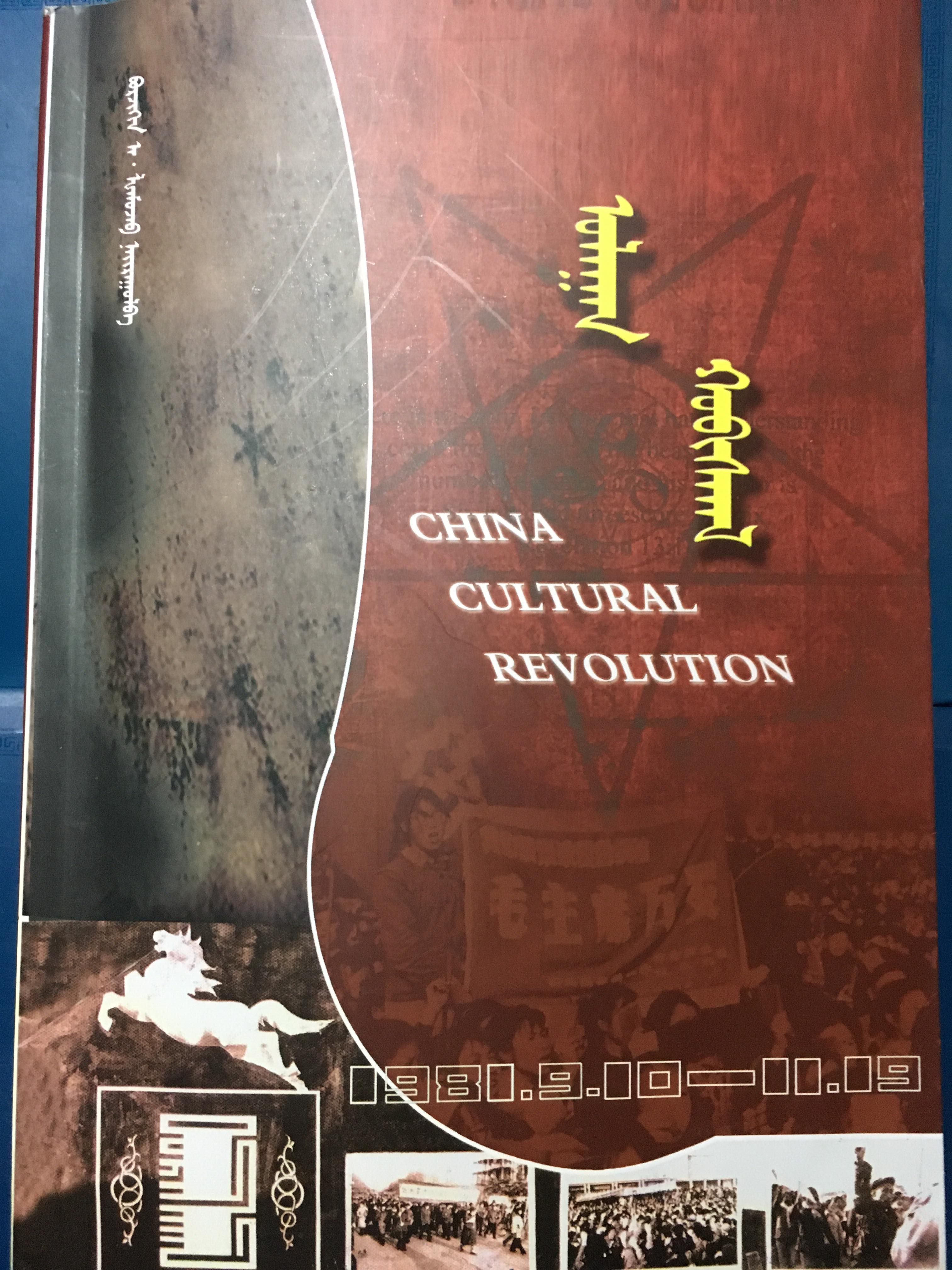




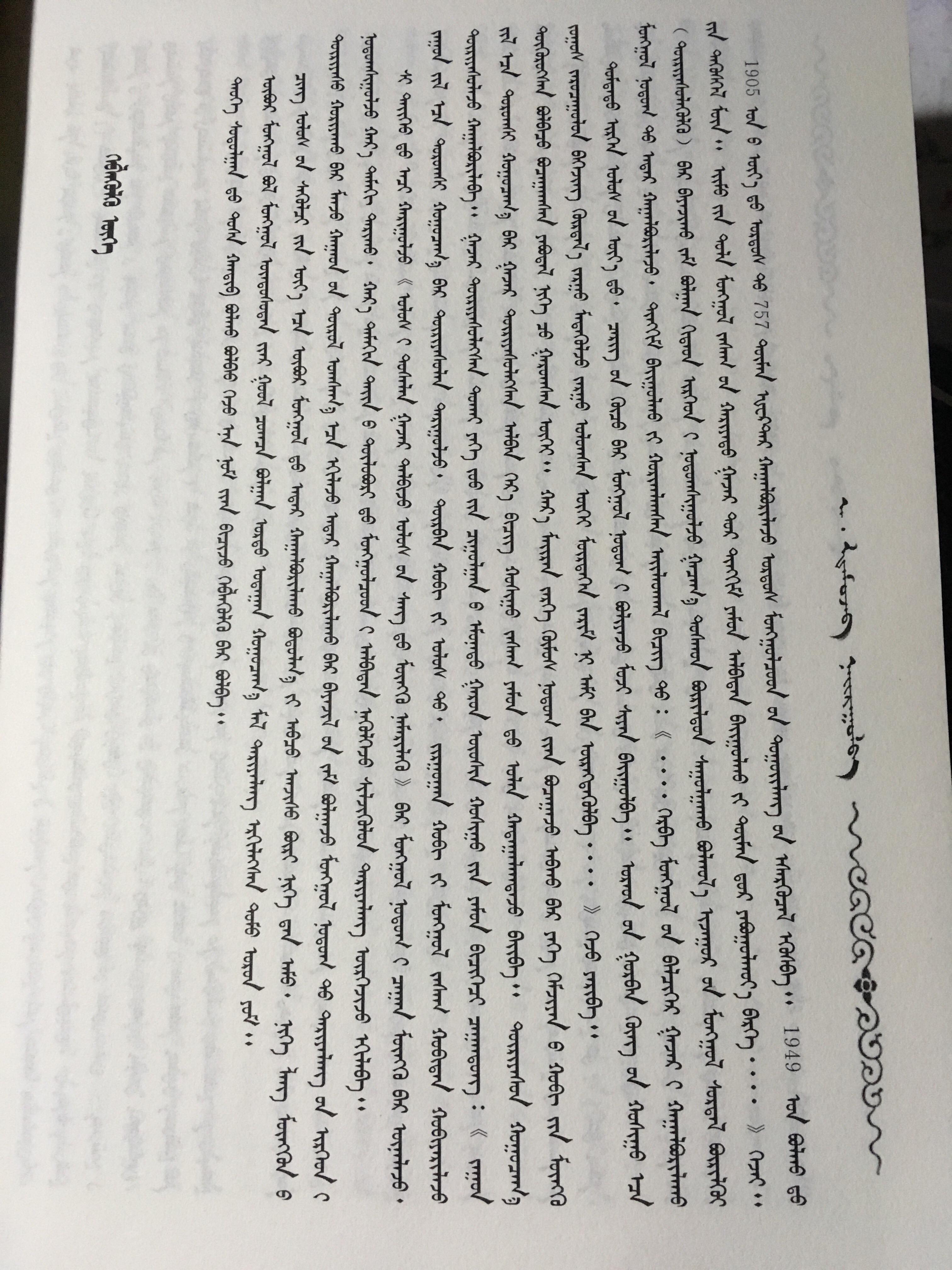
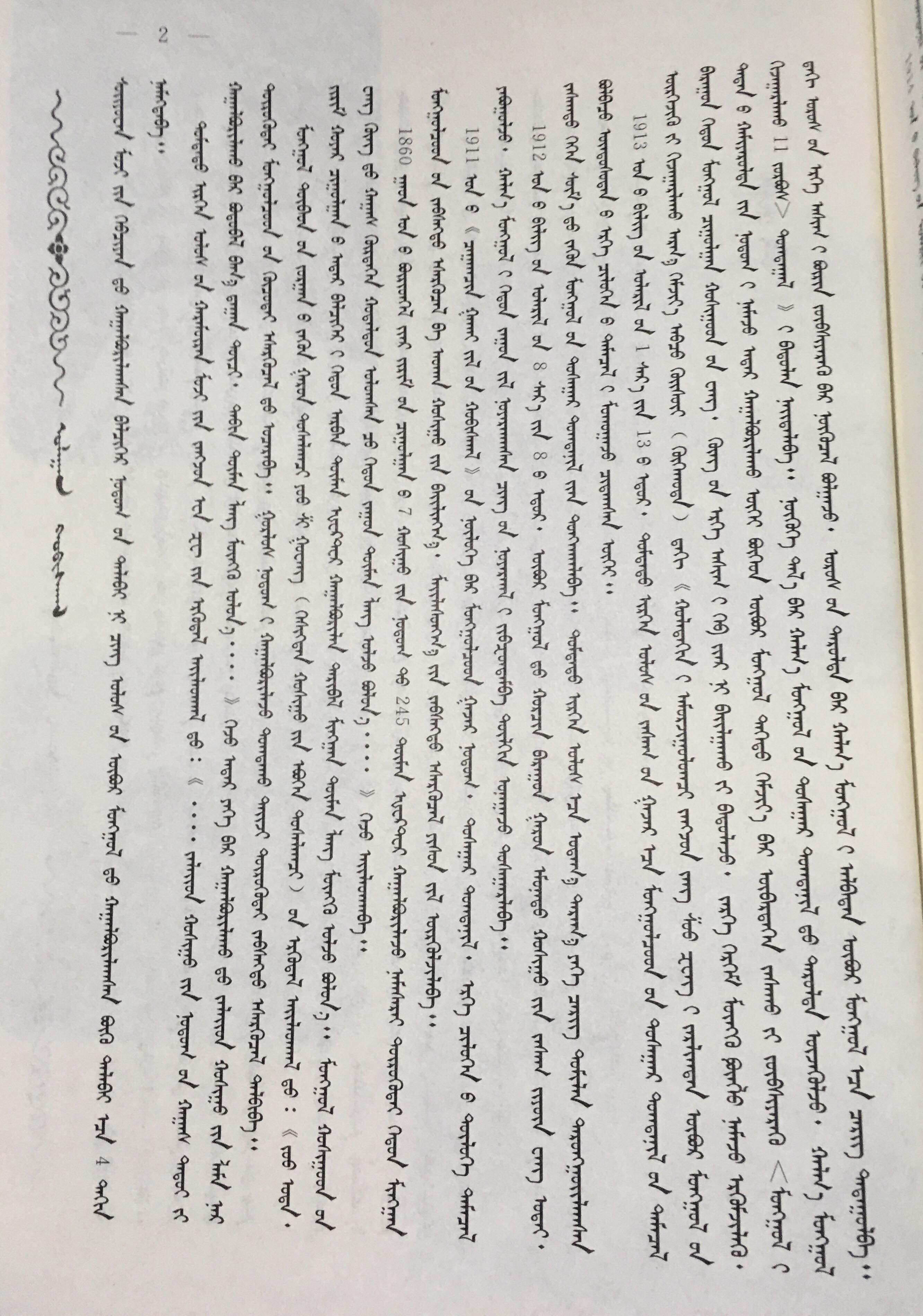
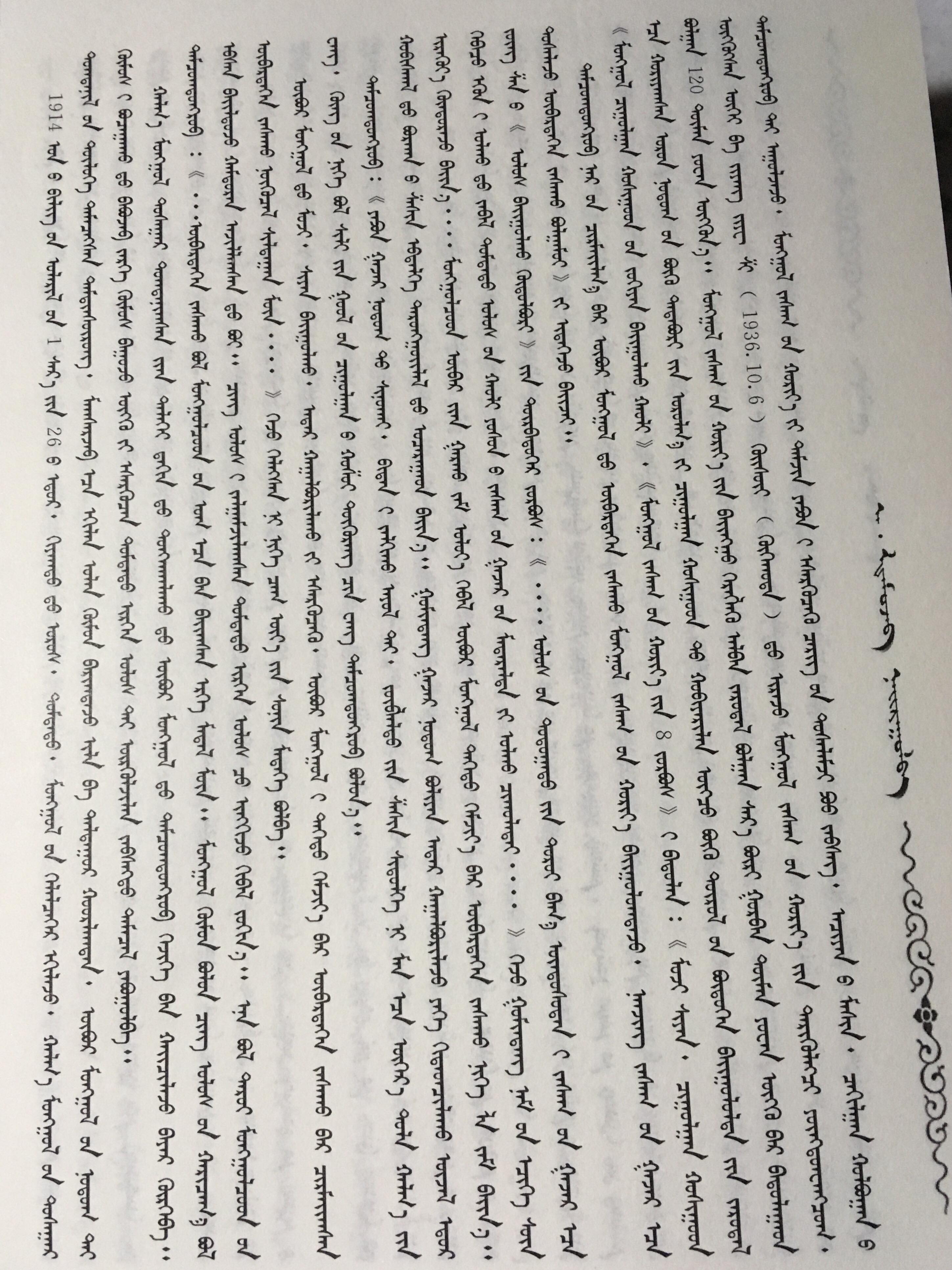

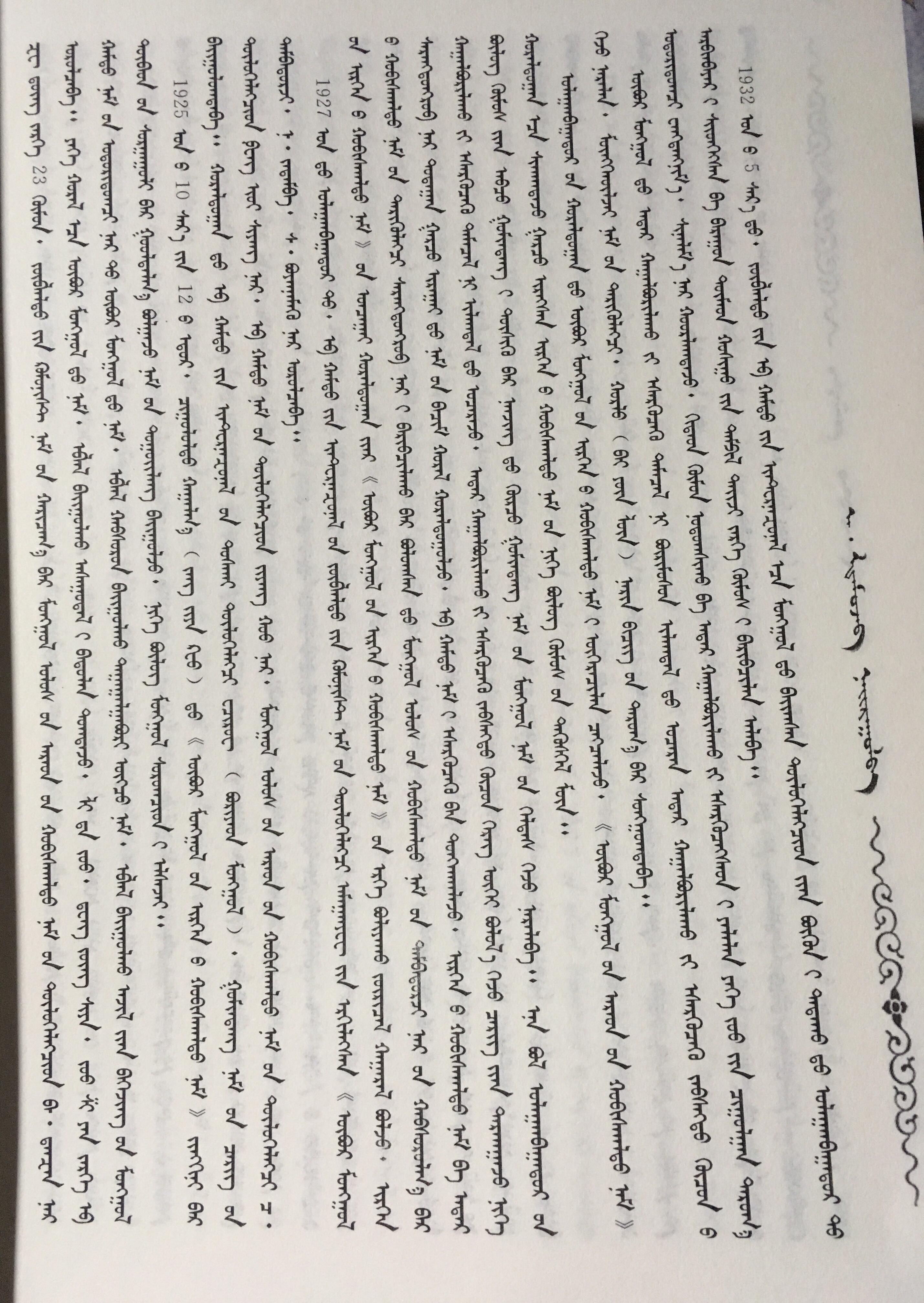
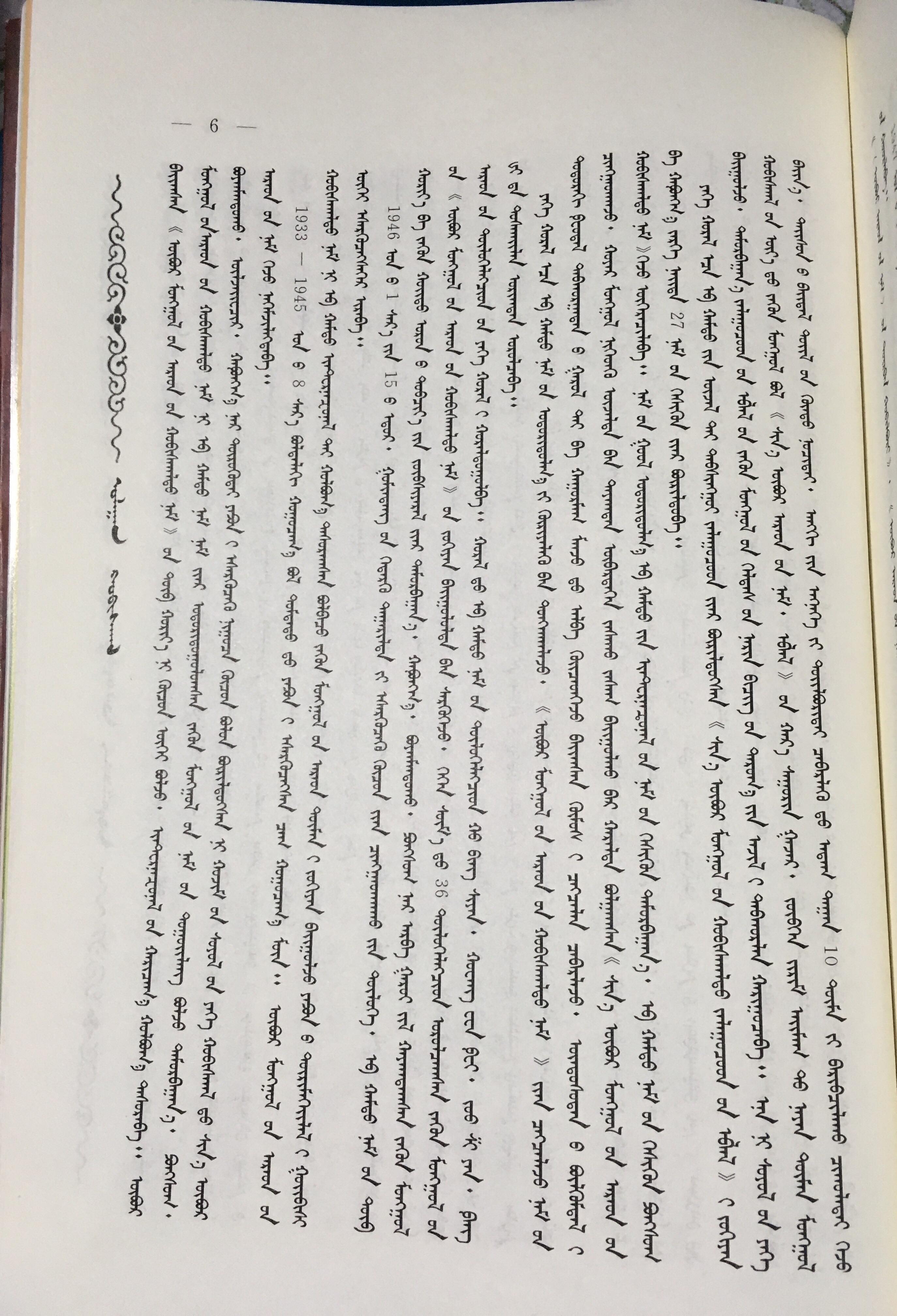
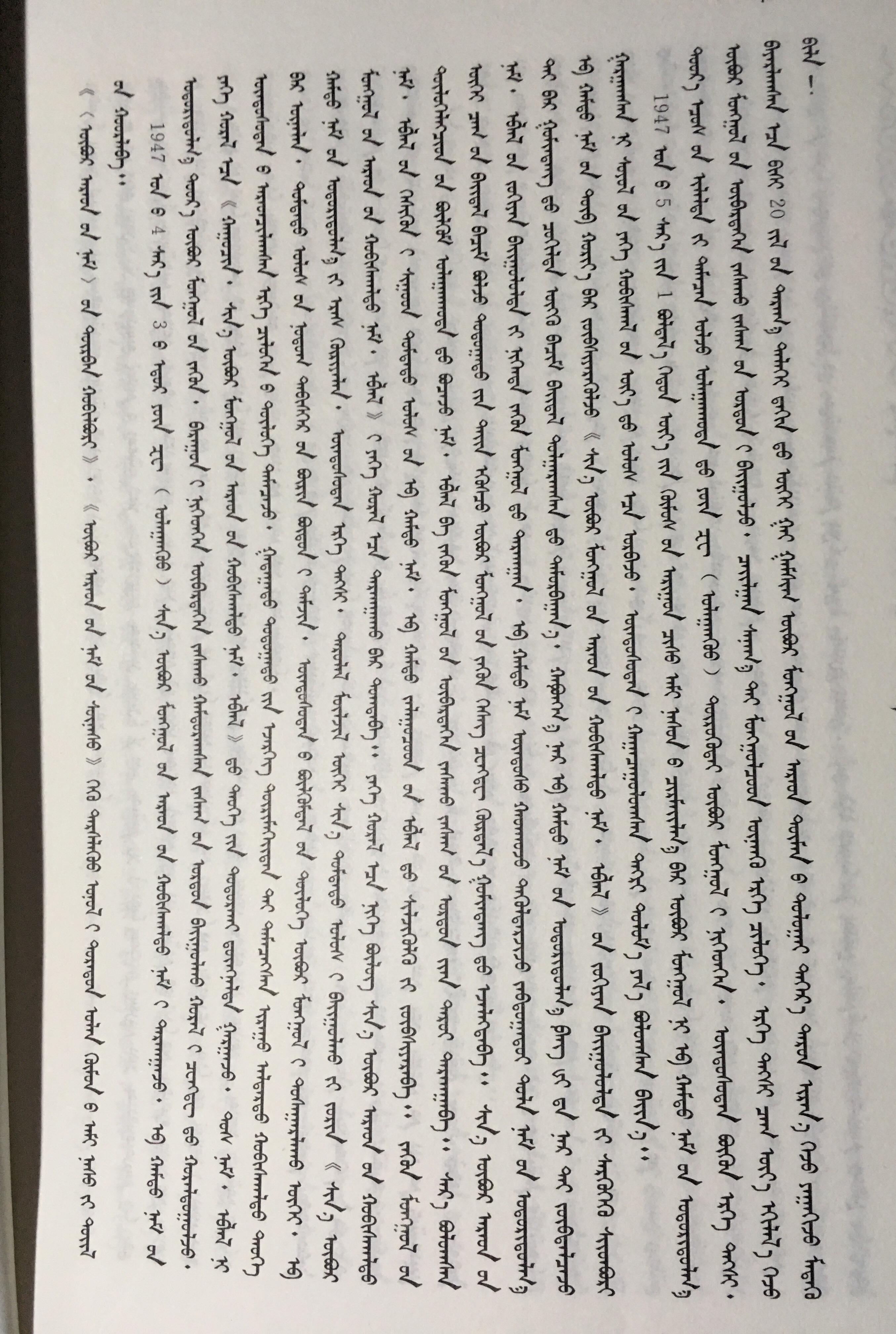
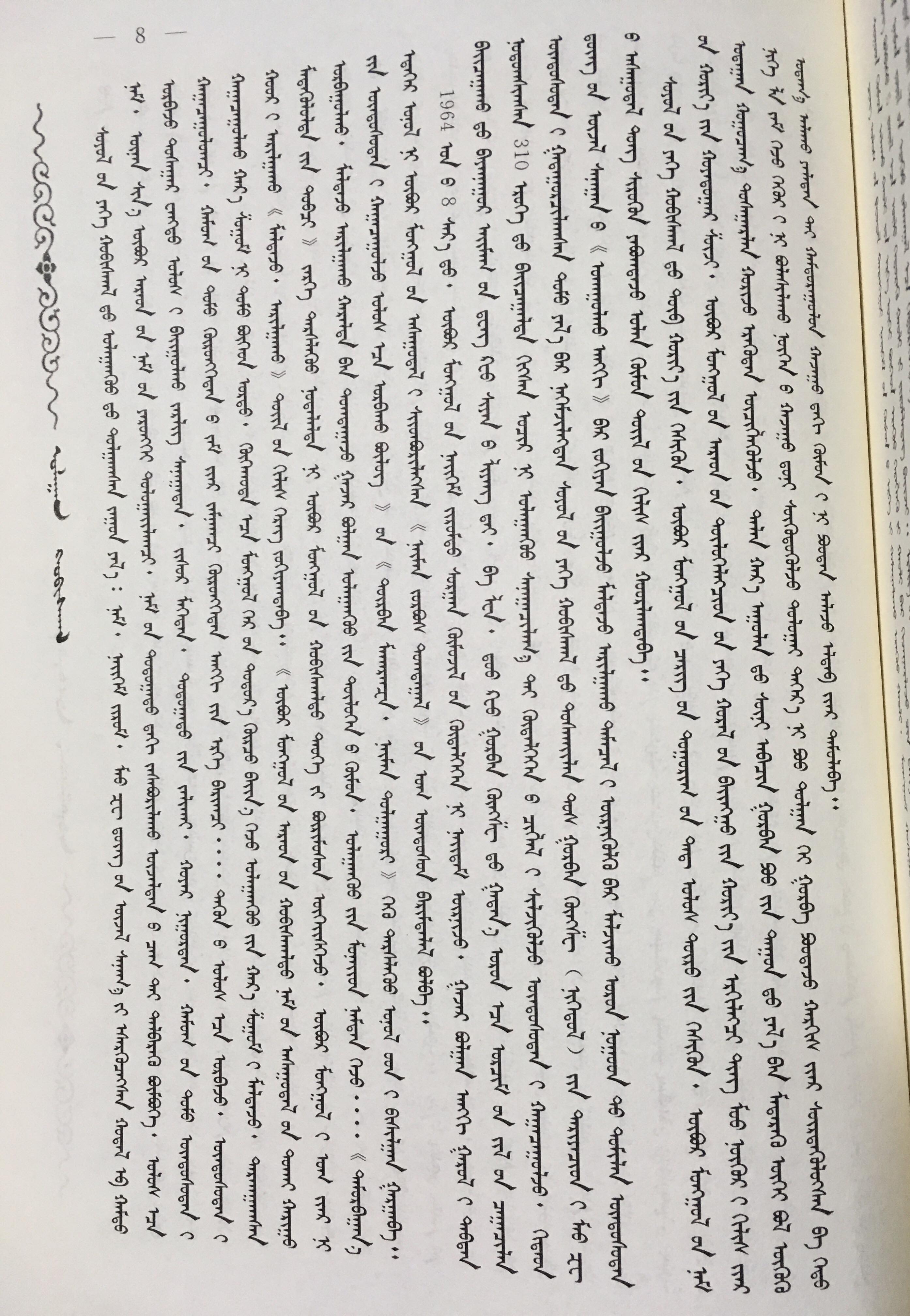
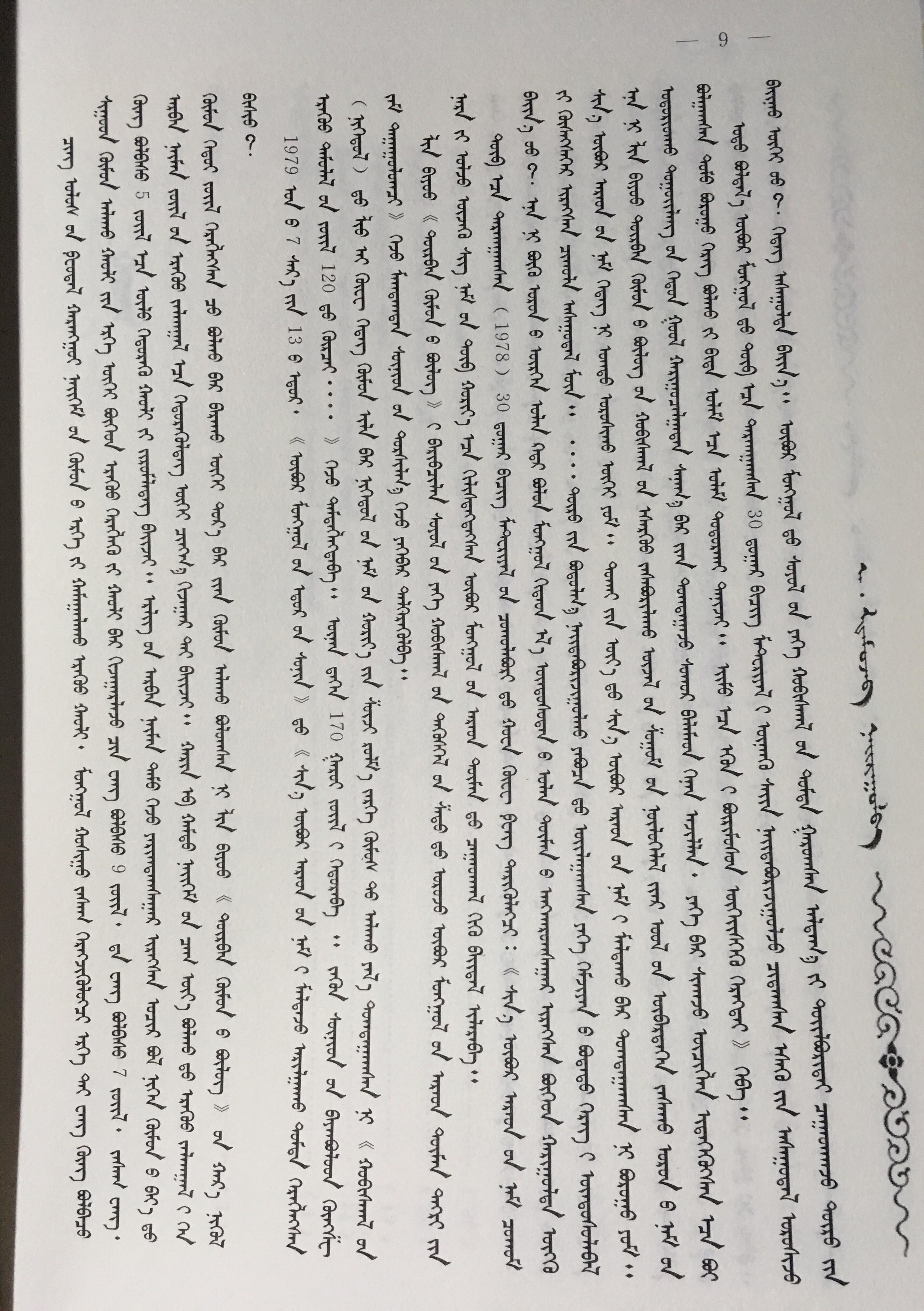
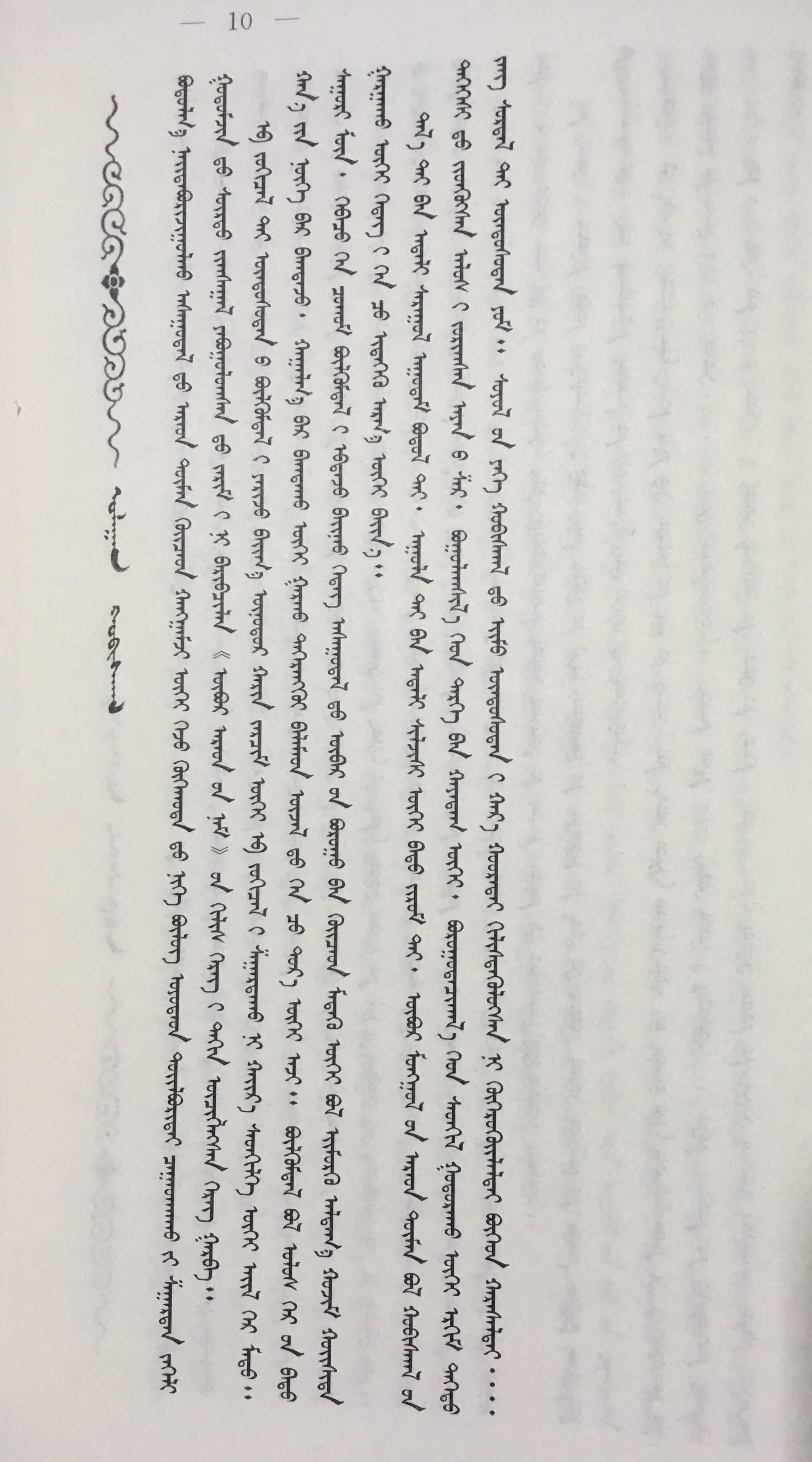
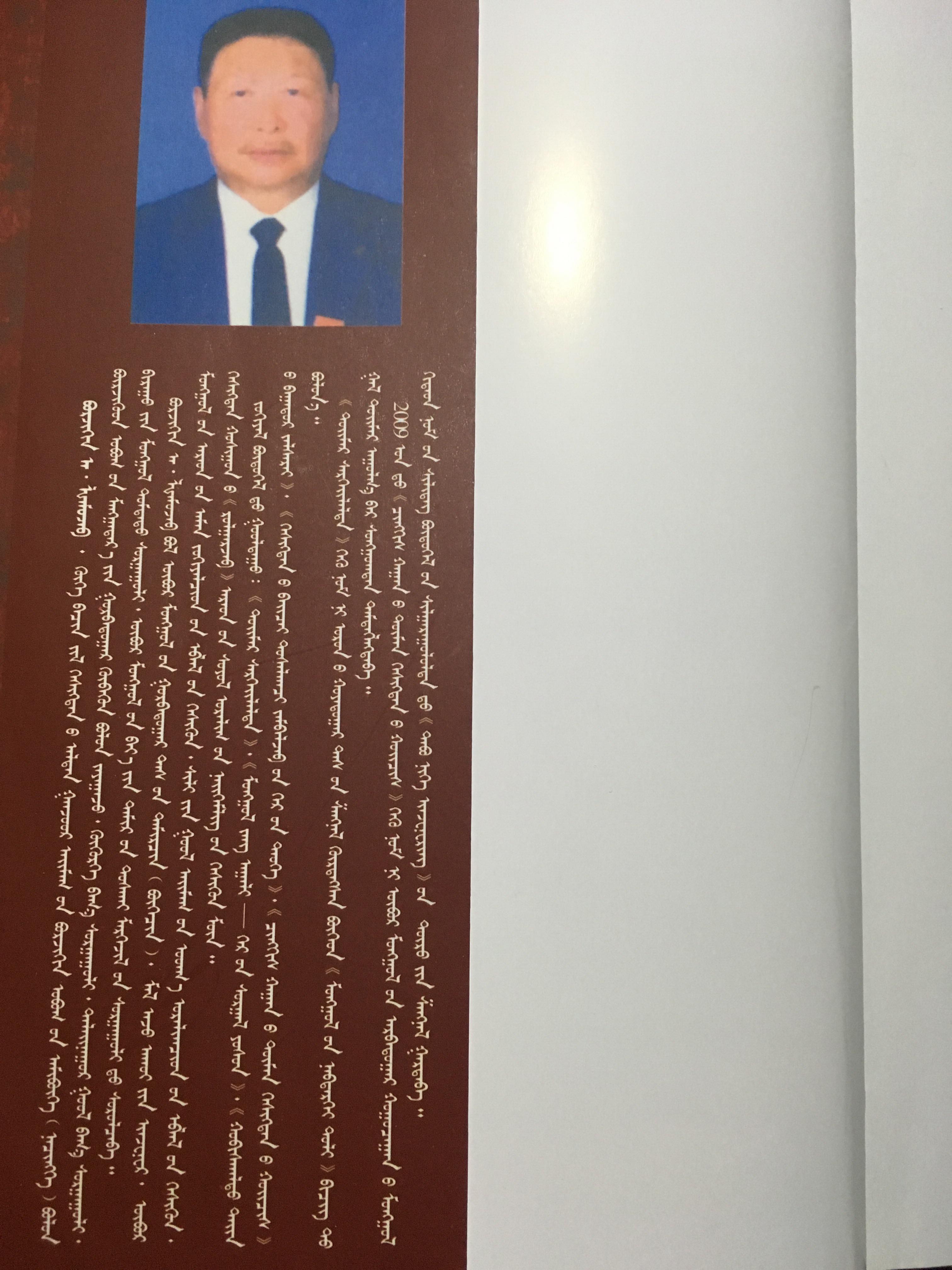


 Beyond
Great Walls: Environment, Identity, and Development on the Chinese
Grasslands of Inner Mongolia
Beyond
Great Walls: Environment, Identity, and Development on the Chinese
Grasslands of Inner Mongolia China's
Pastoral Region: Sheep and Wool, Minority Nationalities, Rangeland
Degradation and Sustainable Development
China's
Pastoral Region: Sheep and Wool, Minority Nationalities, Rangeland
Degradation and Sustainable Development The
Ordos Plateau of China: An Endangered Environment (Unu Studies on
Critical Environmental Regions)
The
Ordos Plateau of China: An Endangered Environment (Unu Studies on
Critical Environmental Regions)